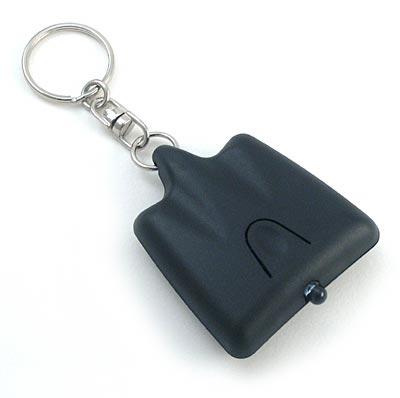The Power of Nightmares
I’ve just watched a terrific film on BBC2 by Adam Curtis on the origins of Al Qaeda and the US Neocon movement. Two depressing sides of the same coin: both comprised of folks who know (with a fanatical certainty that is immune to rationality) what is the case. Here’s an excerpt from the BBC blurb:
“At the heart of the story are two groups: the American neoconservatives and the radical Islamists. Both were idealists who were born out of the failure of the liberal dream to build a better world. These two groups have changed the world but not in the way either intended. Together they created today’s nightmare vision of an organised terror network. A fantasy that politicians then found restored their power and authority in a disillusioned age. Those with the darkest fears became the most powerful.
The rise of the Politics of Fear begins in 1949 with two men whose radical ideas would inspire the attack of 9/11 and influence the neoconservative movement that dominates Washington. Both these men believed that modern liberal freedoms were eroding the bonds that held society together. The two movements they inspired set out, in their different ways, to rescue their societies from this decay. But in an age of growing disillusion with politics, the neoconservatives turned to fear in order to pursue their vision. They would create a hidden network of evil run by the Soviet Union that only they could see. The Islamists were faced by the refusal of the masses to follow their dream and began to turn to terror to force the people to ‘see the truth’.”


